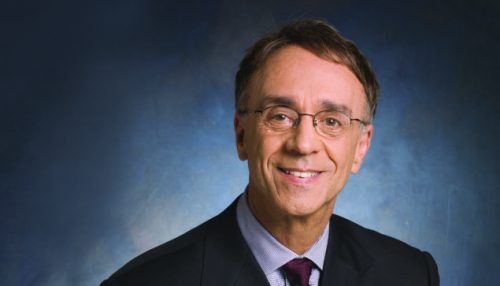Health

Lee Davies
Tuesday, June 12, 2018The PRSA Health Academy recently wrapped up its annual conference, this year in Washington, DC. This year’s theme, The Impact of Health Care Communication, drew more than 180 attendees from across the United states, representing the biomedical, hospitals, health networks and managed care industries.
As an invited presenter, I was honored to address the role of The Chief Communications Officer as Chief Ethicist.
This session, developed and presented with Joel Roselin, a noted bioethicist and Head of Engagement for The Hastings Center, the world’s oldest independent, nonpartisan, interdisciplinary research institute addressing fundamental ethical and social issues in health care, science, and technology, explored the challenges and opportunities facing health communicators in a time of tumultuous ethical issues, within our industries and in society at large.
Why the need to focus attention on communications ethics? Because never have there been such egregious violations of and flagrant disregard for ethical standards. Martin Shkreli, Mylan’s EpiPen debacle, the opioid crisis – these are but a few headline-making stories plaguing our industries. Why should this matter to us as communicators? Because we are uniquely positioned to understand and appreciate the internal needs of our organizations and balance them with external pressures.
Many companies have a designated Chief Ethicist. Yet that position usually reports into the Office of Regulatory Affairs and Compliance. While this person may be charged with keeping an organization out of “trouble” with regulators, he or she generally has little sense of how decisions impact corporate reputation and stakeholder perceptions. Therefore, we communicators should:
- Demand a “seat at the table” – preferably up through the C-Suite – when ethical decisions are being made
- Provide essential perspective on how issues and stories will play internally and externally
- Help shape messaging to minimize “at risk” ethical impressions that can damage the reputation of the company/organization and/or brand
And how is defined? An ethical issue is not a matter if choosing between “right” and “wrong” but choosing between reasonable options or conflicting duties. For that, we need to consider two essential types of ethics: (1) Role Ethics, i.e., the ethical behavior that is based on one’s role in an organization, and (2) Principalism, or the ethical behavior based on moral principles, e.g., honesty autonomy and justice.
Here are five questions you should be asking when tackling a potential ethical dilemma:
- Is something making me uncomfortable?
- Is there a conflict of interest…or a potential conflict?
- What is the conflict? What are the conflicting duties or goals?
- Where can I get information or advice?
- What are my options?
I will lay out further details in future posts. Meanwhile, please remember:
- You are the voice of your organization
- Have a well-reasoned and thoughtful rationale for your recommendation
- In the words of several ethicists with whom we have spoken: Ethics Is Everything!
For more guidance on ethics, feel free to contact me at ldavies@makovsky.com or check out:
www.thehastingscenter.org/publications-resources/hastings-center-bioethics-briefings/
Lee Davies is Senior Vice President, Director of Client Services of Makovsky’s Health Practice.










